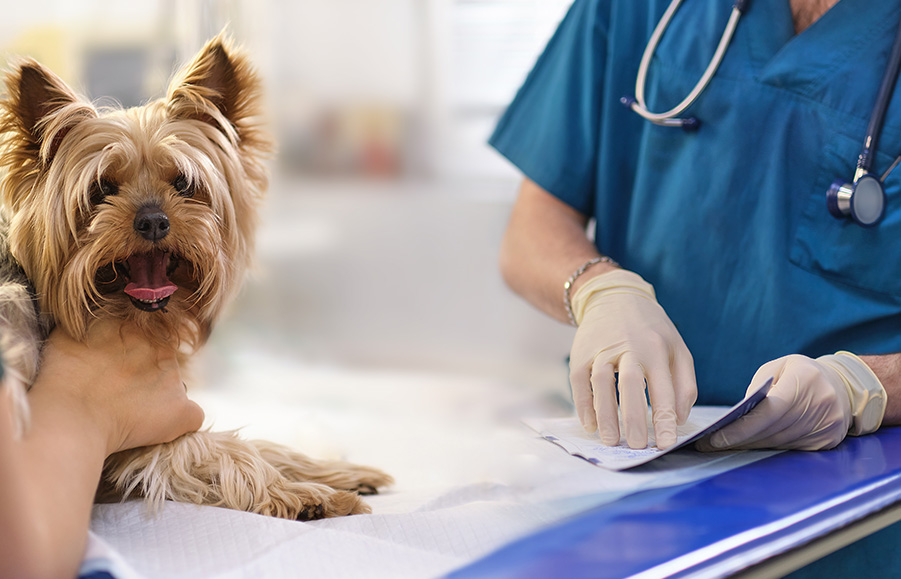
As of 1 September 2023, the rules of the ‘Under Care’ Guidance will be changing. This will change the way that POM-Vs (prescription only medication) are prescribed by veterinary surgeons. The new guidance will be reviewed 12 months later.
How has the guidance changed?
The old guidance stated that all pets should be ‘under care’, and undergo an in-person physical examination before a veterinary surgeon can prescribe a POM-V. An animal could not be considered ‘under our care’ if they had not been physically examined by a veterinary surgeon.
However, the new RCVS guidance states that there will be no requirement for veterinary surgeons to conduct an in-person physical examination before prescribing POM-Vs.
Instead veterinary surgeons should conduct in-person or remote clinical assessments before they judge whether they have enough information to prescribe medication. This will apply to repeat prescriptions and new conditions, as well as any changes to medications.
When writing repeat prescriptions, veterinary surgeons must include the full details of the prescription in the clinical notes, including: name of product/active ingredient, strength, dose rate, dose frequency, form and any particular warnings.
Veterinary surgeons must provide a 24/7 follow-up service that will be available if needed. Where the prescribing veterinary surgeon cannot provide this, they must have written confirmation that this has been arranged with another veterinary surgeon.
What should the clinical assessment consider?
A thorough clinical assessment should provide enough information that you feel confident enough to either prescribe the medication or recommend a physical examination.
Some points to consider:
– The understanding of the actual condition treated, and the risks of the condition and the medication used to treat it
– The animal’s health, existing conditions and health history – especially if there is little recorded history or it’s been a while since the last examination
– The experience and reliability of the owner, and their relationship with the veterinary surgeon
– The health of the herd, flock or group of animals
– How lack of physical examination may affect future diagnostics.
When is a physical examination needed?
A physical exam should be conducted when prescribing controlled drugs as well as antibiotics, antifungals, antiparasitics, or antivirals. If a physical exam is not completed, you must justify this decision in the clinical notes. When prescribing antimicrobials to agricultural animals, you must have an in-depth knowledge of the premises, general health status and disease challenges of the animals. You should also have visited the premises and physically examined the animal at least once before prescribing.
Animals should also undergo a physical examination if there is concern over a potential severe or life-threatening disease, or if you suspect a notifiable disease.
For more information, visit the RCVS website


